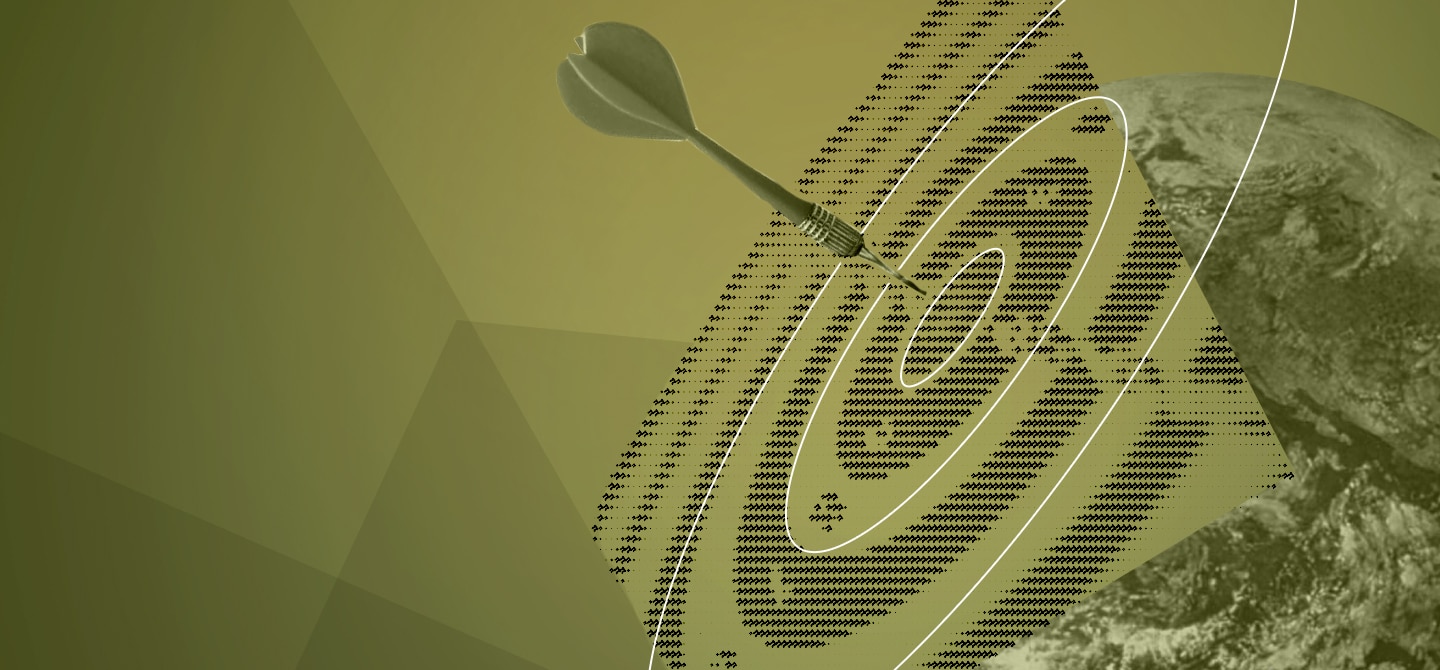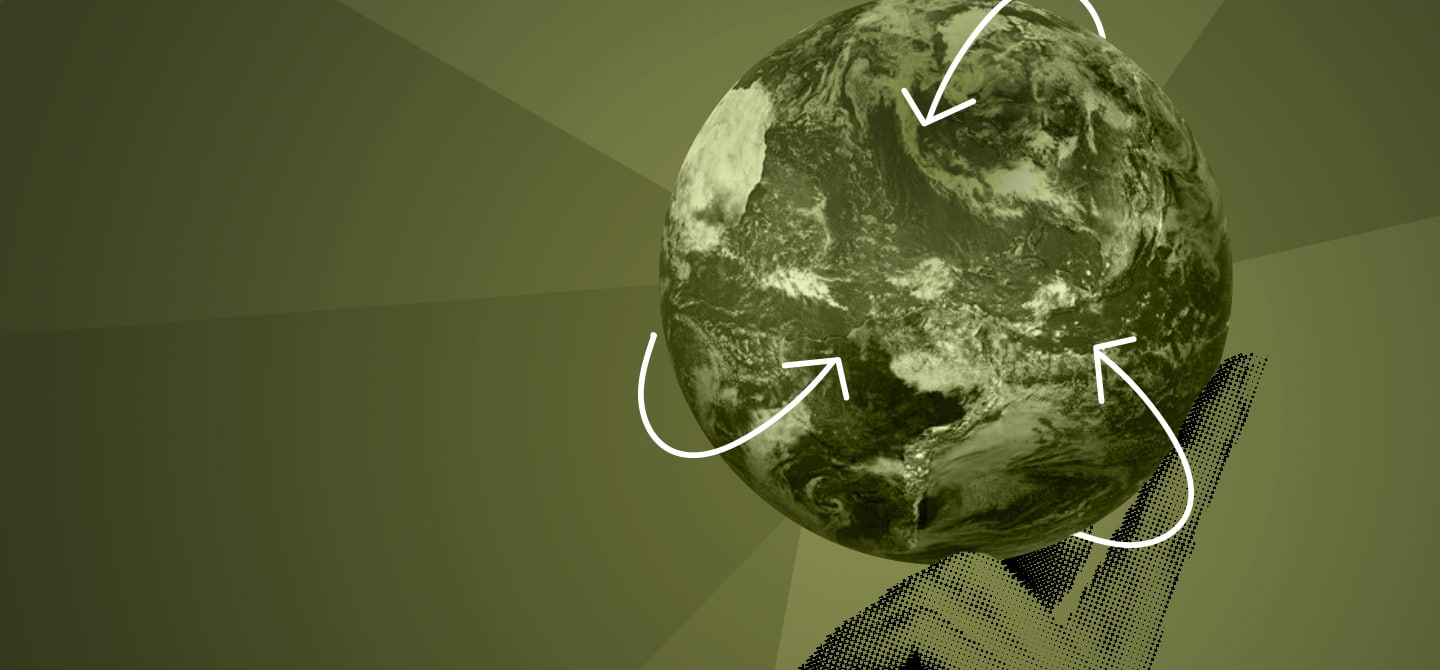Are trade wars profitable and easy to win?
Let’s discuss the main basic conclusions we can draw from the theory and history of trade wars.
Lessons from history
(i) In most cases, those who start a trade dispute suffer more from the subsequent retaliation. The Hawley-Smoot Tariff Act is a prime example. Passed in June 1930, it increased US import duties on 890 products from the Harmonized Tariff Schedule. Combined with price deflation, this represented a substantial increase in the rate of protection of the US economy. Because of the wide variety of specific fees applied through US tariffs (US$ per unit), the global drop in prices led to an increase in the rate of protection while fees stayed the same.
As a result, the United States’ main trade partners – Canada, Britain, Cuba, France, Spain, Italy, etc. – engaged in harsh retaliation. International trade plummeted (in value and volume) worldwide, to such an extent that the Republicans’ (and President Herbert Hoover’s) management of this crisis was a central issue in the 1932 presidential election. Democratic candidate Franklin D. Roosevelt won, and he signed the Reciprocal Trade Agreements Act (RTAA) into law in 1934. This gave the President the prerogative to negotiate liberal trade agreements. In short, after passing protectionist legislation and suffering retaliation from trade partners, it was necessary to ease trade restrictions, given how costly it had been for all parties.
(ii) In a bilateral trade war between a big and small country, the bigger country is likely to win (or suffer almost no consequences) whereas the smaller country will lose substantially. This is shown by several trade wars that took place in the late 19th century: the 1886–98 war between France and Italy, the 1892–95 war between France and Switzerland and the 1893–94 war between Germany and Russia, to name a few. Here, it’s important to understand that it’s not so much the size of the economy that matters but that of total exports by the “small” country to the “big” country, and the impact of the “big” country in the economic activity of the “small” country. In 1891, France absorbed 18.6% of Swiss exports. Switzerland being relatively small, these exports represented a significant amount of its GDP. By stopping most Swiss imports, France struck a considerable economic blow to its neighbour.
(iii) These two examples are not entirely pertinent, because firstly, trade disputes nowadays are only a potential issue for a few products, steel and aluminium, and, secondly, there are now multilateral trade organisations that offer a resolution framework for trade disputes. This makes a big difference. To round out this overview, let us examine two more trade wars, the “Chicken War” (1962–64) and the “Corn War” (1986–87).
The first conflict was provoked when Germany adopted the common external tariff created by the European Economic Community (EEC). This increased the customs duties paid by American chicken exporters, who quickly lost the German market to French and Dutch exporters, to whom these duties did not apply. The US demanded compensation and threatened to retaliate by increasing tariffs on German trucks, French cognac and Dutch dextrin. Even though only a small number of sectors were affected by the dispute, the General Agreement on Tariffs and Trade (GATT) was invoked as an intermediary. With the Europeans refusing to yield, the international institution accorded the right to the US to increase customs duties on these European products.
The second dispute is similar, but it involves Spain joining the EEC and the corn sector. Once again, France’s exports were benefiting from the Spanish market opening up to the detriment of American exporters, and once again, it involved cognac, among other things, being subjected to threats of American retaliation. The EEC conceded and granted the US an annual, reduced-rate quota of corn imports.
Several lessons can be learned from these two disputes. Firstly, some trade disputes (those that only concern one or two products) do not always descend into trade wars (involving a lot of trade products, or even all products). Secondly, a trade dispute is more likely to find a “peaceful resolution” when an international institution provides arbitration. Nowadays, the World Trade Organisation (WTO) provides a procedure to settle disputes. Finally, retaliation is often enacted by exerting pressure on strategically chosen products that are geographically concentrated and have political significance (cognac being a perfect example).
The rationale behind these choices is based entirely on game theory (using threats to intimidate), not economic theory (punishing American cognac consumers by removing their access to this product does not provide any compensation to American chicken exporters). Finally, it should be noted that, in the case of the Corn War, the US did not carry out their threat, which is characteristic of a good threat. As great chess players say, “The threat is stronger than the execution”1.
The fact that any potential retaliation from the European Union will occur within the WTO’s framework is crucial, because it favours a solution that does not descend into a trade war. It is also interesting that the EU is currently threatening to retaliate against the US, even if such retaliation will be regulated by the WTO and therefore will only (potentially) be invoked after months of proceedings. The products in question have been well chosen: most bourbon is distilled in Kentucky, the home state of Republican Mitch McConnell, who was, until recently, the Senate majority leader; a large number of Harley-Davidsons are made in Milwaukee, WI, home of Paul Ryan, the former Republican speaker of the House of Representatives. In short, the Europeans seem to have adopted the strategy of “an eye for an eye, a tooth for a tooth”, favoured by Jacques Delors during the Corn War.
How would Donald Trump have reacted to the verdict of an institution that he has no great love for?
A few unknowns
So, provided this dispute stays within the framework of the WTO, it will not descend into a proper trade war. But there are still a few unknowns. The first is how China will react, since that country has the means to take serious retaliation against the US. The clearest example is their large soybean imports from the US, which accounted for $14bn in 2017 alone. But there’s also steel and aluminium to consider: the US aerospace sector reacted very negatively, stating that even though the resulting price increase on these products would only have the tiniest of impacts on the price of finished products, China’s potential retaliation on its imports could deal a considerable blow to the industry. China also holds a quasi-monopoly on rare-earth metals, strategic minerals. Finally, the People’s Bank of China holds large reserves of US dollars.
The other unknown, obviously, is the reaction of the American President to the WTO’s decision: it seems very likely that the US could lose grievance proceedings initiated by the EU, among others. How would Donald Trump have reacted to the verdict of an institution that he has no great love for?
In any case, Trump surprised us all with his lack of understanding of basic economic mechanisms. He refused to see that the American trade deficit is not caused by foreign protectionism but rather by an excess of demand and insufficient savings, and that if the US public deficit continues to grow, the trade deficit will too, almost automatically.
Resorting to protectionism while the US were close to zero unemployment made no sense, and only contributed to creating inflationary pressure.
Protecting intermediary industries, those that are upstream of strategic and labour-intensive industries (such as agrifood), is counter-productive in terms of jobs. Finally, Trump refuses to understand that his trade partners have the means to inflict retaliatory measures against his country and will do so. As Jean-Claude Juncker said, “We can also do stupid”2.
This column is the repost of an article that was originally published in the Paris Innovation Review on 22/03/2018

























